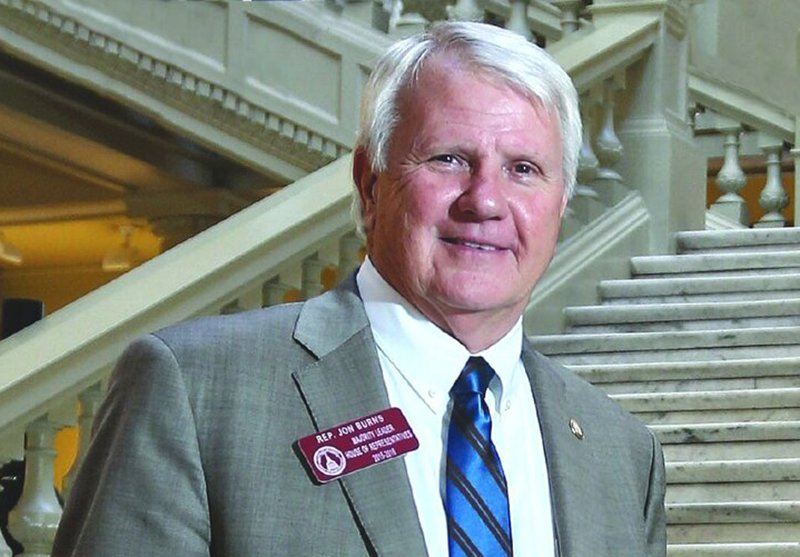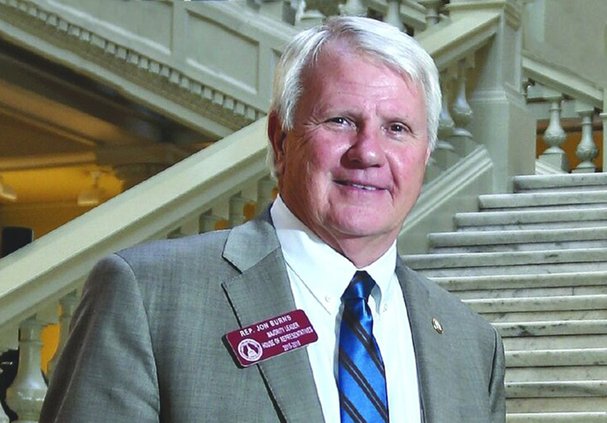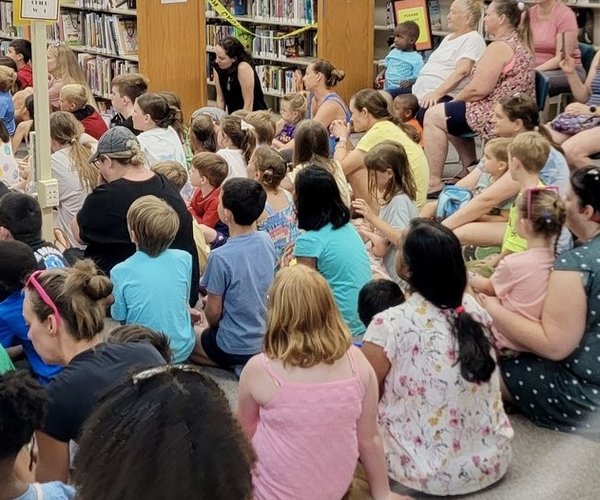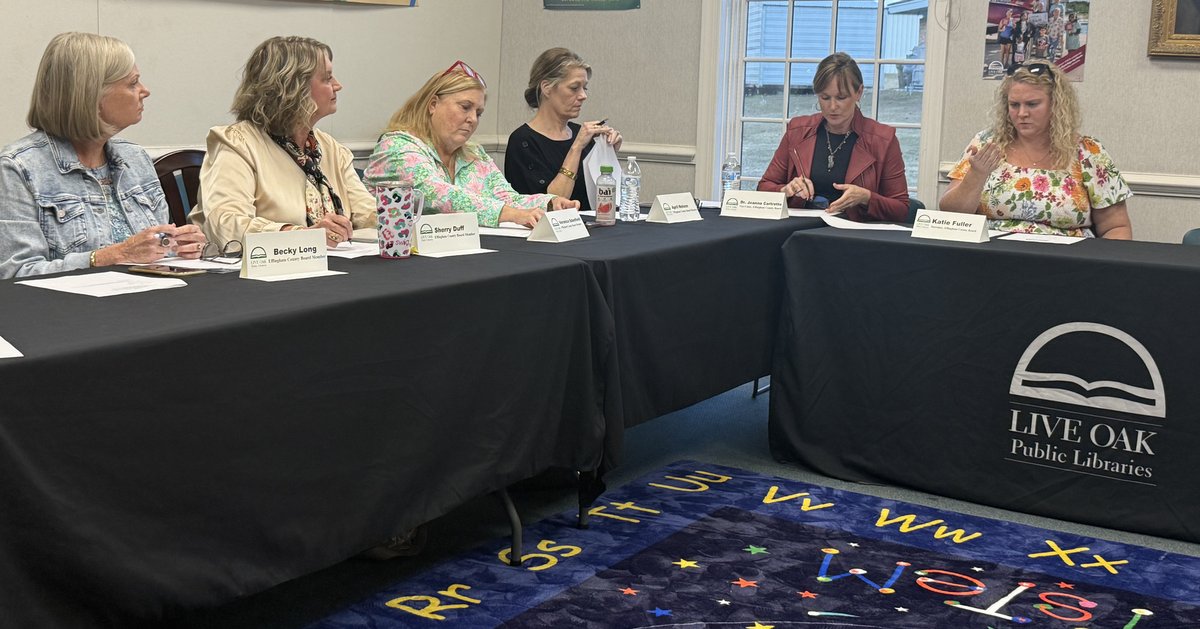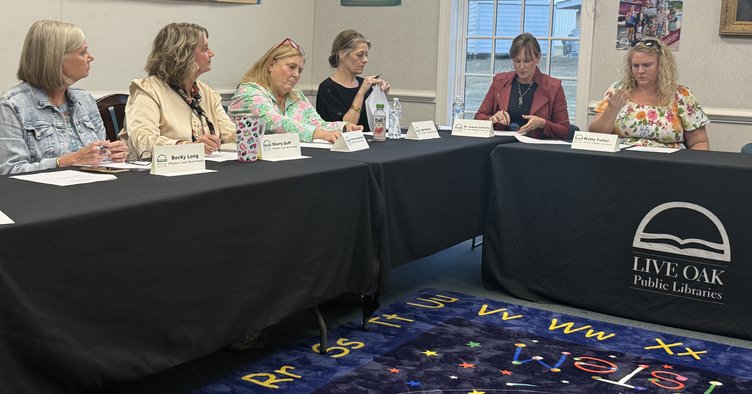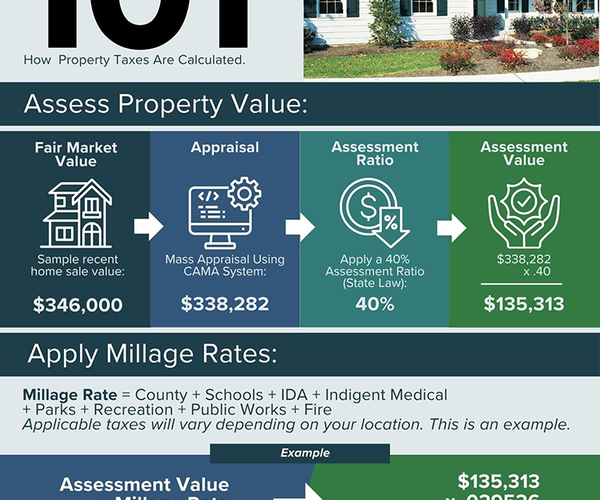By Dave Williams
From the Capitol Beat News Service
ATLANTA – Georgia House Republicans nominated Majority Leader Jon Burns Monday to become the next House speaker.
Burns, R-Newington, defeated Rep. Barry Fleming by secret ballot in a vote by the 97 House GOP lawmakers who attended Monday’s Republican Caucus meeting at the state Capitol.
Burns, a retired educator and farmer, won his 10th two-year term in the House without opposition, representing a district that includes most of Effingham County, Screven County and part of Bulloch County.
He’s been majority leader since 2015. Earlier, he was a member of the state board overseeing the Department of Transportation, and was president of his local chamber of commerce.
If Burns is elected speaker by the full House on the first day of the 2023 legislative session in January, he would succeed Speaker David Ralston, R-Blue Ridge, who is stepping down from leadership because of health concerns.
Before Monday’s vote, Burns pledged to build on Ralston’s successes leading House Republicans during the last two-year term protecting the rights of gun owners and the unborn, making elections “more accessible and secure,” increasing funding for law enforcement and public safety and cutting taxes.
“All of these were House priorities I worked on as a member of your leadership team,” Burns told his GOP colleagues.
From Harlem, Fleming, a lawyer and former chairman of the House Judiciary Committee, led the House in the fight over a controversial election-reform bill the General Assembly passed last year in the wake of the 2020 elections. The legislation passed over complaints of voter suppression from minority Democrats.
“We had to make some changes in our election law because of abuses that took place during the pandemic,” Fleming said.
Both Burns and Fleming paid tribute to Ralston, who has served as speaker since 2010.
“He was a mentor to me,” Fleming said.
“We owe him a debt of gratitude for his leadership and service,” Burns added.
House Republicans also re-nominated Speaker Pro Tempore Jan Jones, R-Milton, to return to the post. The full House also will elect its speaker pro tempore in January.
The GOP caucus then elected Rep. Chuck Efstration, R-Dacula, to succeed Burns as House majority leader over three other candidates; unanimously elected Rep. James Burchett, R-Waycross, majority whip; elected Rep. Bruce Williamson, R-Monroe, over one opponent to serve as caucus chair; chose Rep. Houston Gaines, R-Athens, as caucus vice chair; and elected Rep. Ginny Ehrhart, R-Marietta, as secretary/treasurer.
